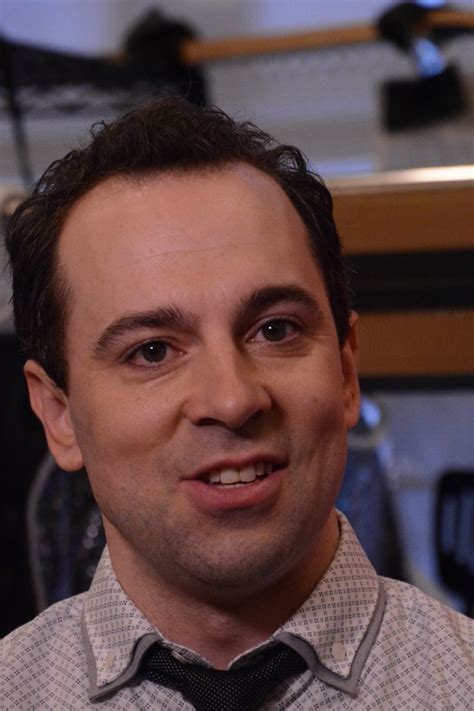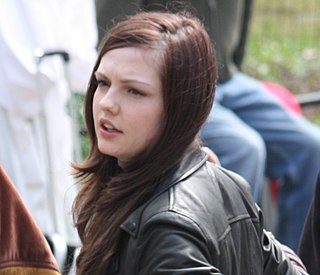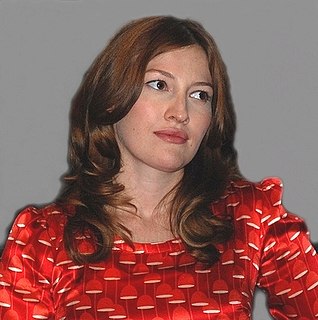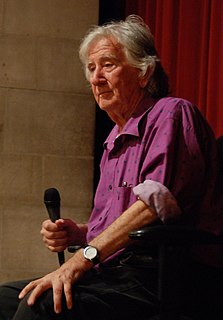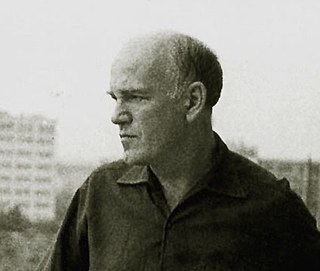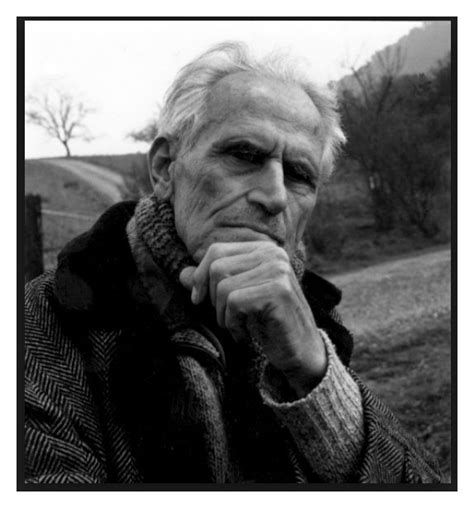A Quote by Jeanette Winterson
There's a whole generation growing up thinking you shouldn't seek knowledge for its own sake, and that theatre and art and books are activities that you do after-hours, rather than things that are at the heart of life. That's a huge change.
Related Quotes
People say to you, 'you've changed', or something like that, well, I hope, for the sake of God, that you have changed, because I don't want to be the same person all my life. I want to be growing, I want to be expanding. I want to be changing. Because animate things change, inanimate things don&'t change. Dead things don't change. And the heart should be alive, it should be changing, it should be moving, it should be growing, its knowledge should be expanding.
I've heard people ask, What's so sacred about a classic books that you can't change it for the modern child? Nothing is sacred about a classic. What makes a classic is the life that has accrued to it from generation after generation of children. Children give life to these books. Some books which you could hardly bear to read are, for children, classic.
I think I'm slightly older than the generation that was really bred on social media - I had Facebook in high school, but I was growing up in a time where these things were relatively new, and every generation below me is growing up having every single thing they do seen. And that is kind of frightening.
How infinitely happier and more grateful is the whole personality or spirit when it finds something nourishing in art or writing or thinking, than the mere mind or intellect is: the kinship you celebrate in these personalities is your own dismembered Orpheus stumbling across another fine organ to rejoin to itself. I put it this way: aristic psyche loves itself enough to chasten itself, to put itself through boot camp for the sake of being competent for life, alive to life.
It is the close observation of little things which is the secret of success in business, in art, in science, and in every pursuit in life. Human knowledge is but an accumulation of small facts made by successive generations of men--the little bits of knowledge and experience carefully treasured up by them growing at length into a mighty pyramid.
Science is a way of thinking much more than it is a body of knowledge. Its goal is to find out how the world works, to seek what regularities there may be, to penetrate to the connections of things-from subatomic particles, which may be the constituents of all matter, to living organisms, the human social community, and thence to the cosmos as a whole.
I am not a complete idiot, but whether from weakness or laziness have no talent for thinking. I know only how to reflect: I am a mirror. Logic does not exist for me. I float on the waves of art and life and never really know how to distinguish what belongs to the one or the other or what is common to both. Life unfolds for me like a theatre presenting a sequence of somewhat unreal sentiments; while the things of art are real to me and go straight to my heart.
I would rather instill in my amateur students love, than knowledge, of music. Left with only knowledge, they will at the end close their books and consign the course to forgetfulness. But if they have learned to love but the smallest part of the art, they are likely to pursue some phase of it the rest of their lives.


